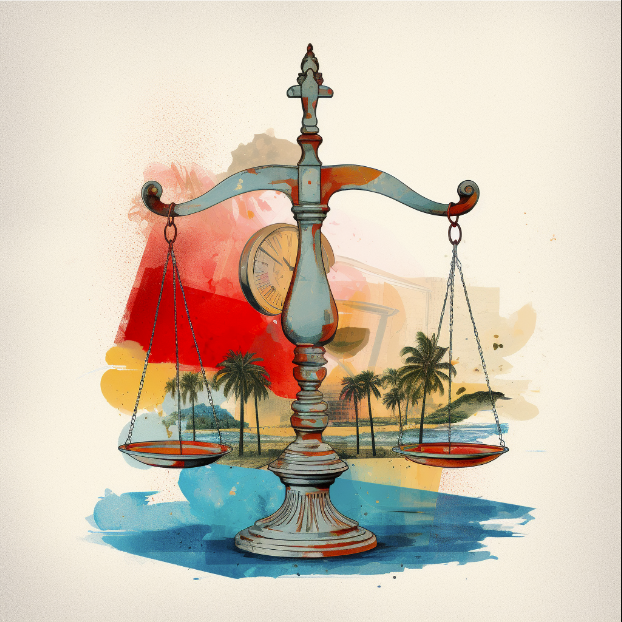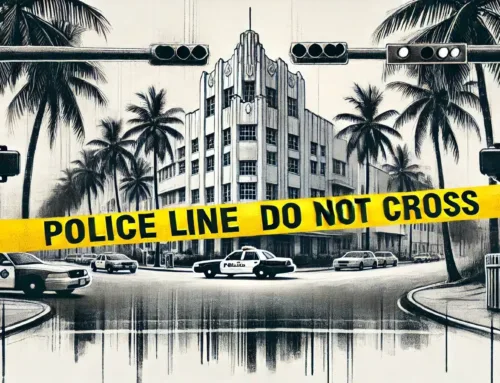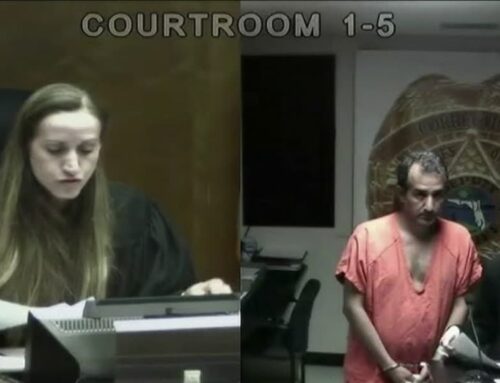Understanding Florida’s 10-20-Life Law
Florida’s criminal justice system is known for its tough stance on crime, especially when it involves the use of firearms. One of the best examples of this is the 10-20-Life law, a mandatory minimum sentencing law. This law has profound implications for anyone facing criminal charges involving a firearm. It’s critical for anyone living in Florida to understand the basics of this law, and today, we’ll take a closer look at it.
What is the 10-20-Life Law?
Introduced in 1999, the 10-20-Life law (Florida Statutes 775.087) is a weapons statute designed to deter the use of firearms in the commission of felonies. It does this by imposing strict mandatory minimum sentences for crimes committed with a gun. The numbers 10, 20, and Life in the law’s title represent the minimum number of years a person can be sentenced to prison for certain offenses.
Here’s how it works:
- 10: If you pull out a firearm during the commission of certain felonies, you’re facing a minimum mandatory sentence of 10 years, regardless of any other circumstances.
- 20: If you discharge that firearm during the commission of those same felonies, your minimum sentence jumps to 20 years.
- Life: If someone gets injured or killed as a result of you discharging the firearm, you can receive a sentence of up to life in prison.
This law operates independently of the primary crime, meaning these sentences are added onto any other sentences received for the underlying felony.
The Impact of the 10-20-Life Law
While the 10-20-Life law is intended to deter violent crimes, it also comes with significant consequences for those accused. Because the law imposes mandatory minimum sentences, judges have little discretion to consider the individual circumstances of a case. This can sometimes result in unduly harsh sentences, even for first-time offenders.
Defenses Against Charges under the 10-20-Life Law
If you’re facing charges that could invoke the 10-20-Life law, it’s crucial to have a skilled criminal defense lawyer on your side. There are several defenses a lawyer might explore, depending on the specifics of your case. These could include challenging the legality of a search that discovered a firearm or arguing that the firearm was not in your actual possession during the alleged crime. Self-defense could also be a viable argument if the circumstances support it.
The Role of a Criminal Defense Lawyer
The stakes are high when you’re facing charges that could lead to a 10-20-Life sentence. A criminal defense lawyer’s role is to protect your rights, challenge the prosecution’s case, and work tirelessly to achieve the best possible outcome. This could mean getting charges reduced, negotiating a plea deal, or fighting for you in court.
Final Thoughts
The 10-20-Life law is a serious matter in Florida’s criminal justice system. Its goal is to deter individuals from using firearms in the commission of felonies, but it can also lead to severe consequences for those charged under it.
If you or someone you know is facing charges that could fall under the 10-20-Life law, understanding the law is crucial. However, the most important step is to seek legal representation. An experienced criminal defense lawyer can defend your rights, advocate for your best interests, and work towards achieving the best possible result in your case.
Remember, you’re not alone in this journey. The lawyer you choose to represent you can make all the difference. Reach out today for expert assistance in defending yourself against Florida’s tough 10-20-Life law.
CALL US for a FREE CONFIDENTIAL CONSULTATION at (305) 538-4545, or take a moment to fill out our secure intake form. *The additional information you provide will greatly assist us in responding to your inquiry.
*Due to the large number of people who contact our law office requesting our assistance, it is strongly suggested that you take the time to provide us with specific details regarding your case by filling out our confidential and secure intake form. The additional details you provide will greatly assist us in responding to your inquiry promptly and appropriately.
ALWAYS INVESTIGATE A CRIMINAL DEFENSE ATTORNEY’S QUALIFICATIONS AND EXPERIENCE BEFORE MAKING A DECISION ON HIRING A LAWYER FOR YOUR CRIMINAL CASE IN MIAMI-DADE COUNTY








